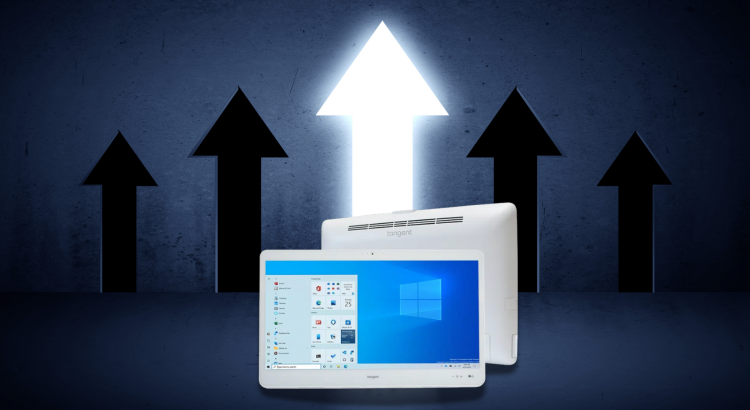In the fast-paced, high-stakes world of healthcare, technology plays a pivotal role in improving patient outcomes and ensuring operational efficiency. At the heart of this transformation are medical-grade PCs, which power everything from patient records to imaging diagnostics. When it comes to quality, reliability, and safety, Tangent’s medical PCs stand out as the best in […]
Tag: Medical PCs

Is an All-In-One Medical PC Better Than a Medical PC?
Technology plays a pivotal role in managing patient data, imaging, telemedicine, and more. With so many options available, choosing the right hardware setup—like whether to go with an all-in-one (AIO) medical PC or a standard medical PC—can be challenging. Both systems offer unique benefits that can impact workflow, space usage, and adaptability within clinical settings. […]
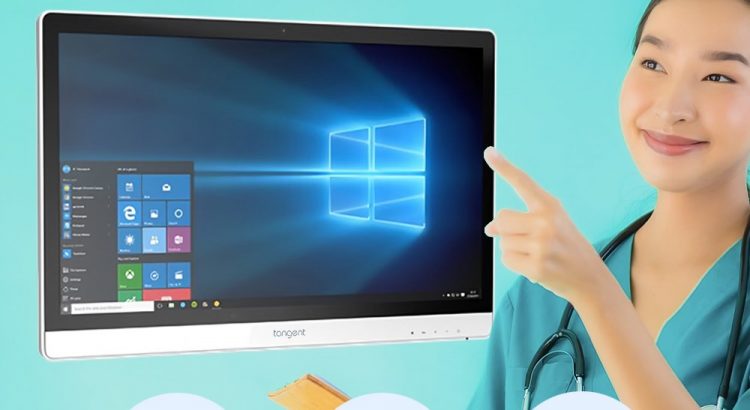
Medical PCs Streamline Hospitals
In today’s fast-paced world, technology plays a crucial role in transforming various industries, and healthcare is no exception. One such groundbreaking innovation that has revolutionized medical practices is the Medical PC. In this blog, we delve into the capabilities, benefits, and potential applications of these advanced computing systems in the healthcare landscape. What is a […]
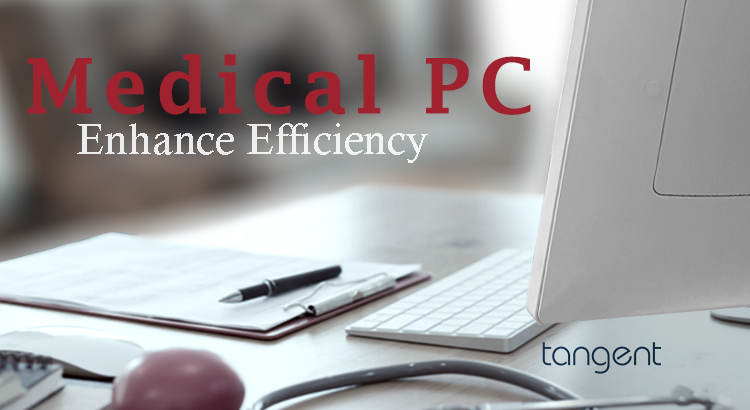
Medical PCs: Powering Healthcare Innovation and Efficiency
In the rapidly evolving landscape of healthcare, technological advancements are revolutionizing patient care, improving outcomes, and enhancing operational efficiency. At the heart of this transformation are medical PCs, purpose-built computing devices designed to meet the unique demands and rigorous standards of the healthcare industry. In this comprehensive guide, we will explore the essential role of […]
The Advantages and Limitations of Medical PCs in Clinical Settings
Medical PCs are specialized computers designed for use in healthcare facilities, such as hospitals, clinics, and doctor’s offices. These computers are specifically built to meet the unique needs of healthcare professionals and provide reliable, high-performance computing solutions in clinical settings. In this blog, we will explore the advantages and limitations of medical PCs in clinical […]
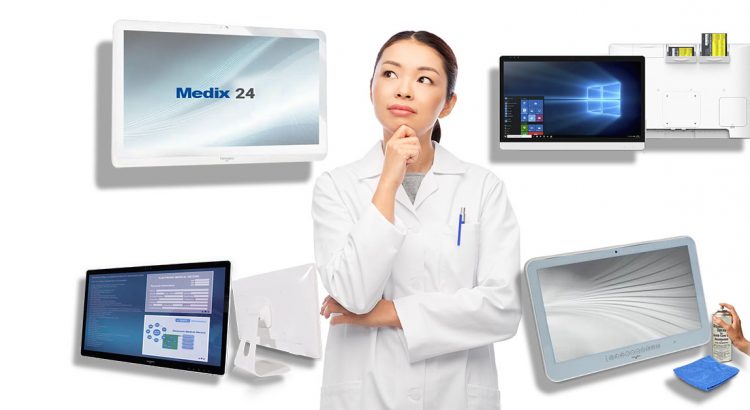
Choosing the Right Medical PC for Your Healthcare Facility
In today’s rapidly evolving healthcare industry, technology plays an increasingly crucial role in patient care. Medical PCs are one such technological innovation that has transformed the healthcare industry by improving patient outcomes, increasing efficiency, and providing healthcare professionals with real-time patient information. Choosing the right medical PC for your healthcare facility is an essential decision […]
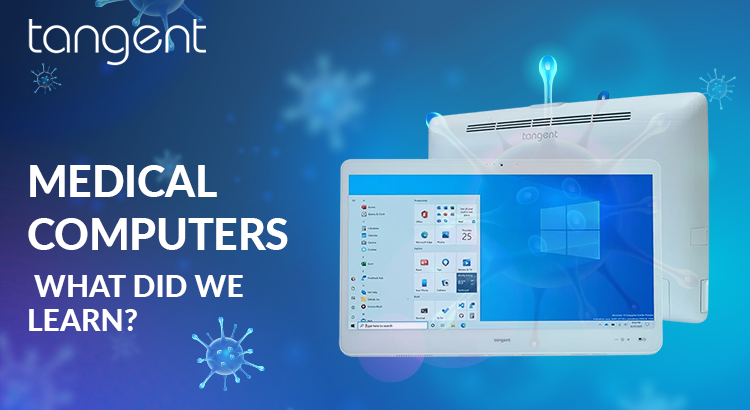
Medical Computers Post Covid: What Did We Learn?
Technology has always played a vital role in the medical field. Medical Computers have been used in hospitals and clinics for a long time, but their use has increased exponentially in recent years. With the outbreak of Covid-19, the use of medical computers has grown even more. There is no denying that medical computers have […]
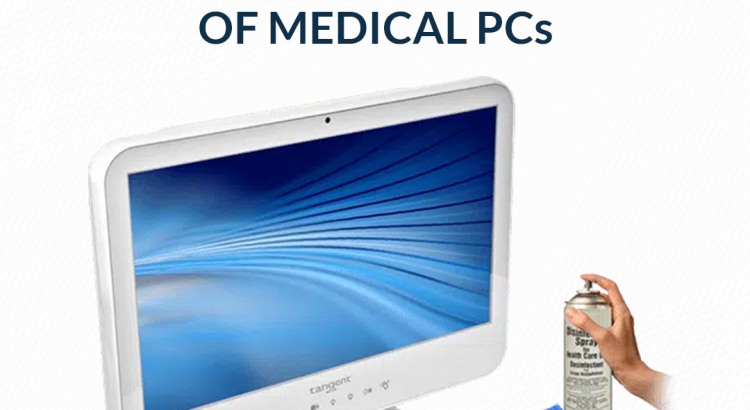
Waterproof Properties of Medical PCs
Computers have become the backbone of the health care industry. They allow medical workers to efficiently process patient cases, control devices that perform CT scans, ultrasounds, MRIs, or blood tests, and help doctors show patients their X-rays to explain their situation. And given the technical demands of the health care environment, purchasing waterproof medical PCs […]
Why Medical PCs Still Have Serial Ports
When everybody’s using USB ports, having a medical computer with a serial port can seem like you’re ten steps behind everyone in the tech world. That’s not true. Serial ports are not obsolete. They’re usually used to connect older hospital equipment with new computers. But is that the only reason serial ports are still […]
